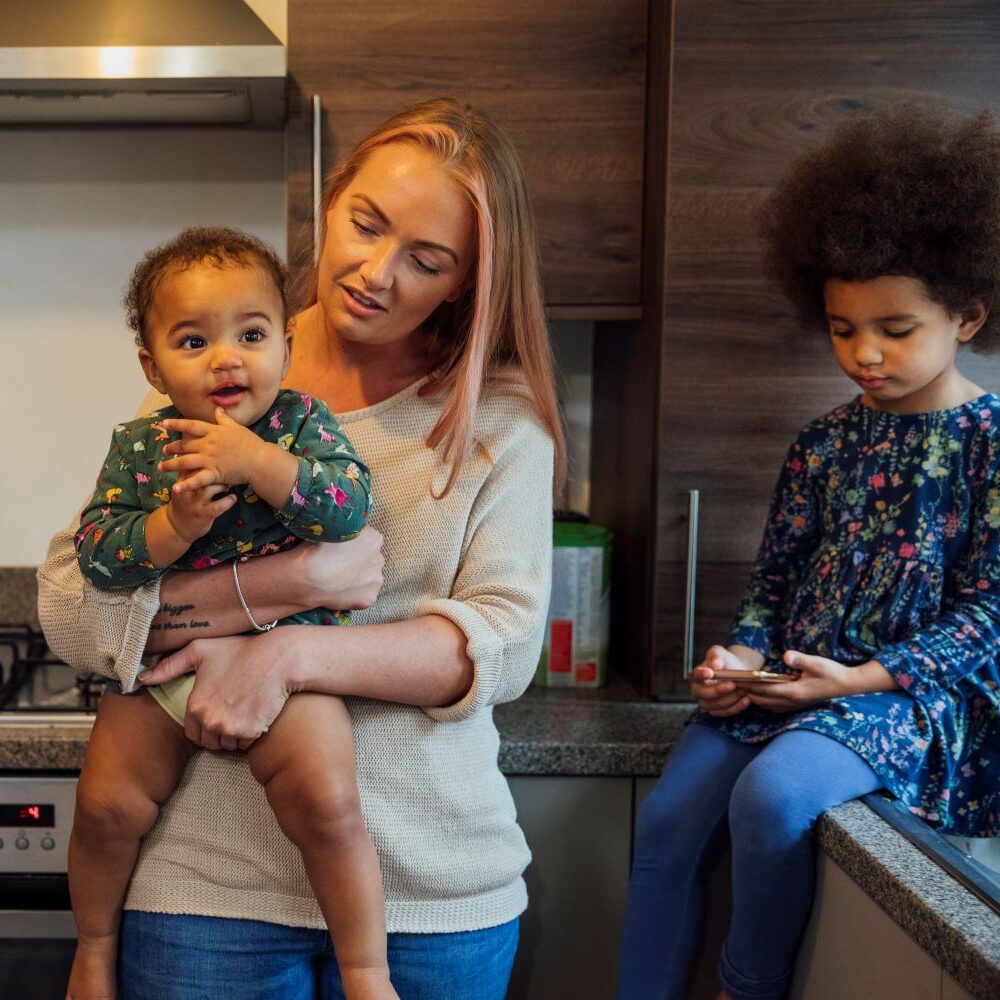Children’s mental health is something we need to talk about more than ever, as local government, education and health providers are increasingly recognising the impact has COVID had on our children, and are creating resources to help support them. Here Family Action employee and trained social worker Hardeep gives some tips on how to support your child aged four or over to manage their emotions and build resilience.
Worried about your children’s mental health? The tips below can help your child to develop good emotional resilience and hopefully help to prevent any mental health concerns, but they’re no substitute for professional support if it’s required. Remember to seek advice and support from your GP if you are concerned about your child’s mental health.
Focus on breathing
Deep breathing exercises are useful as they help children relax and calm themselves when they experience stress or frustration. They’re also something parents can help with, as you can practice deep breathing exercises together.
For example, if you follow the NHS’ guide to breathing exercises you can support your child by helping them with their counting. You can also help to make it fun by using techniques such as ‘blowing out a candle’. This involves asking your child to imagine they are holding a candle before taking in a deep long breath and “blowing out the candle” as they exhale.
Get active
Exercise helps strengthen the brain as the chemicals that are released help generate positive moods, making us more resilient to stress and adversity. The good news is that there’s no “correct” exercise… Anything your child finds engaging can help. This can include yoga, cycling, sports such as football, playing on the swings or even a fun game of tag.
Exercise helps strengthen the brain as the chemicals that are released help generate positive moods, making us more resilient to stress and adversity.
Dump the worry
Whilst children’s mental health might be at the top of your mind, your child might not always be able to verbalise how they feel. Therefore, it helps to create a worry box that your child can use to “dump the worry”. You can support them with this by helping them to decorate it and talking them through how using it can help. For example, you can describe worries as a bag of bricks they carry around on their back all day, which would soon become exhausting.
Try and help them think how relieving it would be to get rid of them! Alternatively, they can put the worry in the box for you to read and then talk through with them to see how you can help them solve it. Every child is different so consider the different approaches above and use the one that feels right for your child.

Positive affirmations
Another good way of setting a routine that improves children’s mental health is to create a positive affirmation journal or happiness jar. You do this by writing down two positive statements or things that make you happy each evening.
Discuss the activity with your child and help them tip the balance from negative thoughts to positive ones and, if possible, lead by example by doing the activity alongside them. This is a useful practical activity as on sad days you can encourage your child to pick out two things from the journal or jar to reflect on.
Time together
As parents, it is understandable we go into “fix it” mode when something appears to be wrong and we can place too much emphasis on new strategies to make things better. However, sometimes going back to basics can be just as useful. Try to find at least some time each day to sit with your child and talk to them. Simple things such as asking how their day was or playing a board game can do wonders for their mental wellbeing, especially if you remain positive and continue to reassure your child that things will get better.
Supporting your child can be demanding and, while your child needs support to help them feel protected and secure, it can be emotionally exhausting. Remember you are only human! It is important that you look after yourself for you and for your child who relies on you. As stated at the beginning you should seek professional help if you’re worried about your child’s mental health in any way. It’s okay to ask for help.
Take time and space to talk about and reflect upon your feelings with someone you trust, whether that’s a friend, a family member or a counsellor. Alternatively, if you’re struggling for any reason you can contact our FamilyLine service for free support, practical information, guidance and access to counselling or mentoring to help you tackle family pressures.

Call, text, email or web chat FamilyLine
If you’re feeling overwhelmed, worried or upset about any aspect of your family life, FamilyLine is here for you. We offer free emotional support and guidance on family relationships, conflict, parenting, caring, financial worries and more.
Contact FamilyLine




